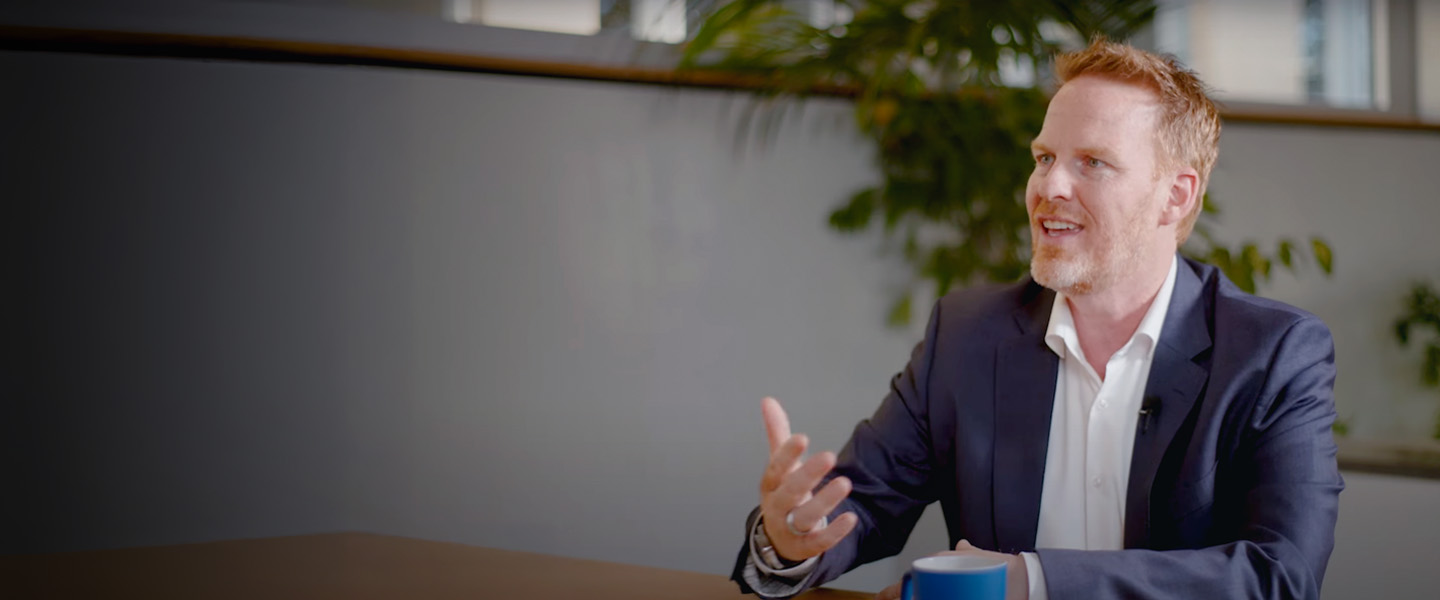STADA: Sustaining agility and entrepreneurship in a fast-growing pharma company
Peter Goldschmidt became the CEO of pharmaceuticals company STADA in 2018. He was a firm believer in culture as a driving force – and a predictor – of organizational performance and competitiveness. A year earlier, two private equity funds had become majority owners of the “old” STADA – essentially a loose, decentralized network of country operations. After taking the helm, Goldschmidt made building a growth culture one of the strategic pillars aimed at transforming the company into a leader in consumer health, global generics and specialty pharma. As a major lever to achieve that vision, the CEO put forward four core values to define the new, aspirational brand of STADA’s culture: agility, entrepreneurship, integrity and “one STADA.” In its quest for agility, resilience and speed, STADA’s leadership recognized the need for an ambitious transformation that would improve collaboration to leverage learning, talent and technology, while centralizing some processes and reducing duplication and waste. Amid the Covid pandemic, in March 2020, STADA reported the highest production output in the group’s 125-year history. By 2022, the company was well on its way to achieving the owners’ growth objectives of becoming a strong, well-run organization. In a short span of five years, between 2018 and 2023, STADA built a platform that should allow the business to scale to five times its current size.
- Examine the tensions, choices and trade-offs that STADA’s executives had to navigate in areas such as growth, product focus, talent and local operations.
- Appreciate the links between strategic differentiation and higher complexity: Whereas Big Pharma has significant resources to address this complexity, mid-sized firms need strategies that develop and draw on entrepreneurial, startup-like qualities to succeed.
- Recognize the trade-offs that leaders of agile, fast-growing businesses need to make between pursuing an ambitious growth strategy and building the capabilities and breadth of talent that such a strategy demands.
- Draw out the competing objectives and priorities that are inherent in the dual imperatives of achieving global centralization, synergy and scale vs. strengthening local, on-the-ground autonomy and empowerment.
Stada Arzneimittel, Healthcare, Pharmaceuticals
2017-2023
Cranfield University
Wharley End Beds MK43 0JR, UK
Tel +44 (0)1234 750903
Email [email protected]
Harvard Business School Publishing
60 Harvard Way, Boston MA 02163, USA
Tel (800) 545-7685 Tel (617)-783-7600
Fax (617) 783-7666
Email [email protected]
NUCB Business School
1-3-1 Nishiki Naka
Nagoya Aichi, Japan 460-0003
Tel +81 52 20 38 111
Email [email protected]
IMD retains all proprietary interests in its case studies and notes. Without prior written permission, IMD cases and notes may not be reproduced, used, translated, included in books or other publications, distributed in any form or by any means, stored in a database or in other retrieval systems. For additional copyright information related to case studies, please contact Case Services.
Research Information & Knowledge Hub for additional information on IMD publications

Audemars Piguet CEO Ilaria Resta leads with circular leadership—blending tradition, innovation, and empathy to reshape the future of Swiss luxury.

Business schools must champion values-led leadership as companies retreat from DEI. Now’s the time to stand firm and lead by example, says David Bach.

Regional developers have tried and failed to emulate Silicon Valley’s VC-driven model for innovation. Detroit Entrepreneurship is following an alternative route.

Understanding the 4 types of responsible leader helps you blend styles, avoid pitfalls, and meet challenges while managing stakeholder expectations effectively.

Geopolitical turmoil and its workforce impact demand a systems thinking approach from CHROs, argue IMD’s Katharina Lange and Simon Evenett.

This episode takes you behind the scenes of a recent gathering led by the World Business Council for Sustainable Development together with IMD, where David Bach sat down with two sustainability leaders.

All organizations should have a plan to secure trust during, after (and even before) a crisis hits. Here are a host of examples, good and bad, to learn from.

How a private equity-backed corporate carve-out created a successful, sustainable consulting powerhouse by Benoit Leleux

Tired teams, wasted weekends, and unread reports—here are 7 ways to restore morale and reignite performance. Avoid unnecessary reporting and non-essential tasks.

The Handtmann case examines the co-CEO leadership model in the context of family business. Based on interviews with three key executives – the co-CEOs and the President of the Advisory Board – the case focuses on how Handtmann handled the leadersh...
Research Information & Knowledge Hub for additional information on IMD publications
Research Information & Knowledge Hub for additional information on IMD publications
in I by IMD
Research Information & Knowledge Hub for additional information on IMD publications
in I by IMD
Research Information & Knowledge Hub for additional information on IMD publications
Research Information & Knowledge Hub for additional information on IMD publications
Research Information & Knowledge Hub for additional information on IMD publications
in I by IMD
Research Information & Knowledge Hub for additional information on IMD publications
Research Information & Knowledge Hub for additional information on IMD publications
in I by IMD
Research Information & Knowledge Hub for additional information on IMD publications
Research Information & Knowledge Hub for additional information on IMD publications


